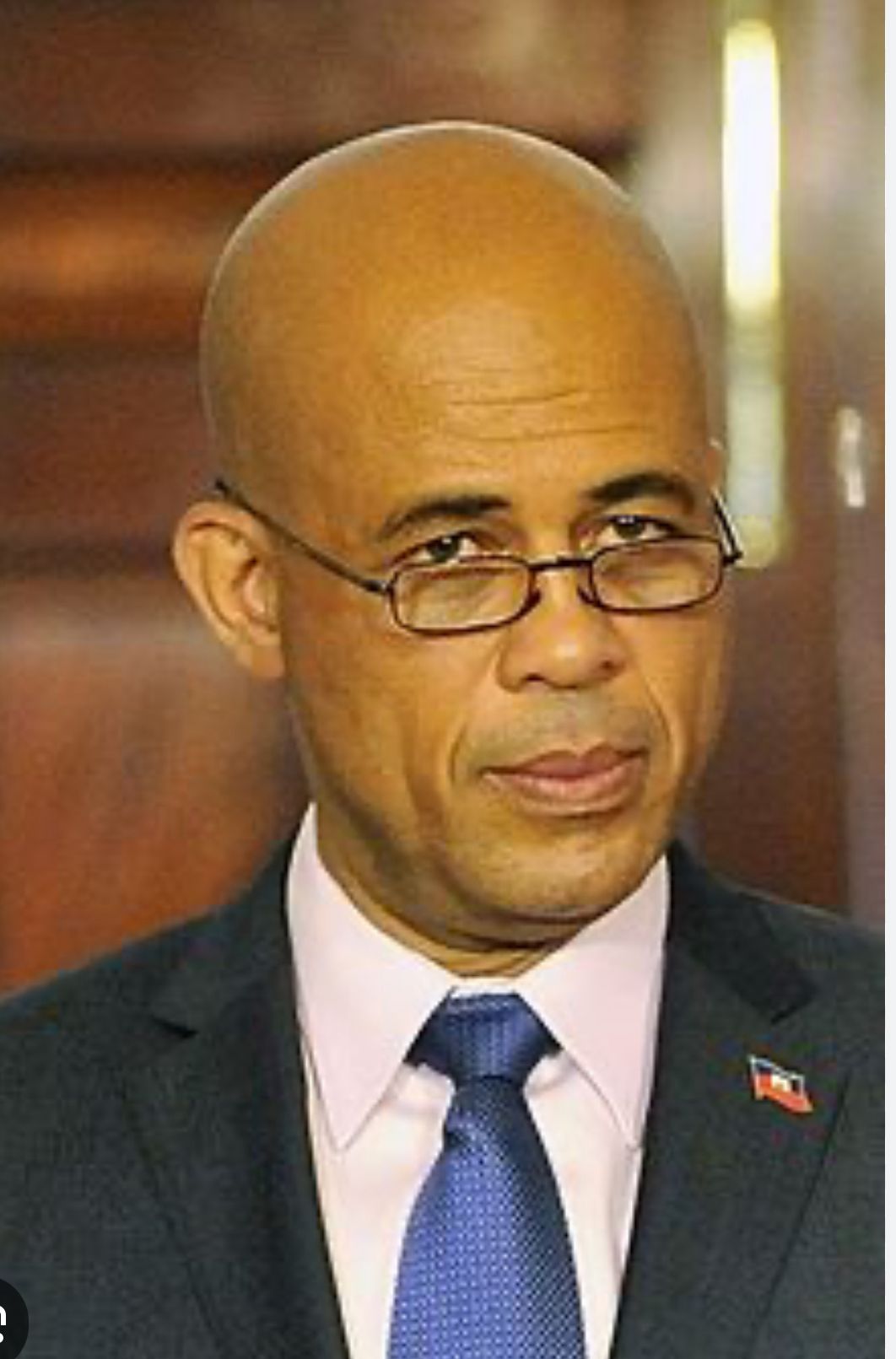|
Getting your Trinity Audio player ready...
|
June 6, 2020|Daily News Update, HAITI, US POLITICS

Haiti
By: Emmanuel Roy
Haiti, a failed nation-state, is the epitome of dysfunctionality. American foreign policy towards Haiti historically supports that dysfunctionality and loss of capacity for self-government at every opportunity for obvious reasons that I will explain below. Recently, regional organizations like the OAS (Organization of American States), which typically maintain their unique position regarding regional matters, have aligned itself with American imperial thinking to hasten Haiti descent towards greater political instability.
Foreign intervention in Haiti’s political, social, or economic affairs to the detriment of Haiti’s people has been the rule rather than the exception. In recent history, no country has had to deal with so much harmful foreign meddling that leaves the country worse off. And the blame is squarely placed at the feet of Haiti’s leaders who seem utterly incapable of protecting Haiti’s interest against the avarice of big power.
The recent declaration of OAS vis-a-vis Haiti presidential elections and end of the presidential term of Haiti’s current President Jovenel Moise is an unacceptable intrusion into Haiti’s right to decide for itself how it’s Constitution should be interpreted.
The Haitian Constitution adopted in 1987 calls for only one five-year term for the President starting February 7 of the year the current presidential term expires. This clause in the Constitution is analogous to the American Constitution, which says the presidential term in office begins on January 20 and ends four years later.
Unlike the United States and other functioning countries, every five years, the occupant of the presidential palace seeks to extend his term of office through the promotion of one-man rule by failing to hold legislative elections. Haiti is currently undergoing the same political situation as it experienced under President Martelly (full disclosure the writer was an advisor to President Michel Martelly). Martelly, who came to power in May of 2011, lost three months of his five-year term by operation of political instability. If the Haitian President is to serve a true five-year term, Martelly’s term should have ended May 11, 2016, but the Haitian Constitution does not allow such elasticity in interpretation.
The language is clear no matter when the elected President takes office, his term begins on February 7 and ends five years later. This provision prevents the President from claiming that because he takes office on a date other than February 7, he should be allowed to complete the five years. The Constitution says nothing about taking office on any different date except February 7 and ends five years later on the same date. But Haitian politicians starting with Jean Bertrand Aristide have claimed that their term should be extended because they took office late. The fact that they took office late or the presidential elections were not held on time is a situation that the Haitian Constitution does not consider. It makes sense to have a date-specific when the presidential term begins and when it ends, which is not unusual.
For example, on November 8, 2000, the American presidential elections experienced an impasse. For over a month, no one knew who had won the U.S. presidential election until the U.S. Supreme Court in a five to four decision ruled on December 12, 2000, that Georges Bush had won the election. If Bush had taken office on March 20 instead of January 20, he could not later request an extension of his term by two months.
Because of dysfunctionality, a similar scenario plays out in Haiti every presidential election cycle. This time the OAS and the U.S. administration are supporting Jovenel Moise attempt to extend his term of office by twelve months. This attempt violates the Constitution. This support did not come without a price. Last year Jovenel Moise broke rank with Haiti’s best ally and staunchest defender Venezuela joining the U.S. government at the United Nations to vote for sanctions against President Nicholas Maduro. This was a shock to Caracas because Venezuela had been good to Haiti. In return for stabbing Venezuela in the back, the US STATE DEPARTMENT is supporting Moise bid to prolong his term to 2022. Moise, who refused to hold legislative elections, will continue to rule by decree just like his predecessor.
The Haitian people will not and must not allow such affront. The Constitution will be respected. Moise’s term of office will end on February 7, 2021. A caretaker government must assume power on February 7, 2021, and organize the next presidential election. This is exactly what we did in 2016 when Martelly sought to extend his term by three months because he had taken office three months late. Moise, who took office a year after Martelly’s term expired, knew that his term had been cut short by twelve months because of the political situation.
The issue as to the Presidential term is not in debate. The term is for five years. Should the Constitution be amended to add language that allows the President to serve the full five-term regardless of when they take office or is the Constitution upheld, and elections are held on time? In Haiti, February 7 is one of the only dates that holds firm. Jovenel Moise term expires on February 7, 2021.






